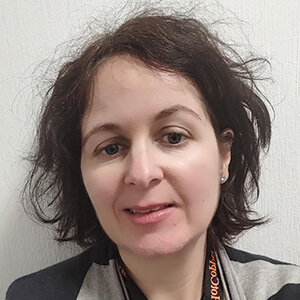
Viridis Mining and Minerals Ltd (ASX: VMM) has rolled up its first phase of metallurgical testwork at Brazilian rare earths project Colossus, pulling up an average 65 percent recovery of dysprosium and terbium from one site in particular, results which executives contend place the project in a top position worldwide for the yield of these minerals.
Overall, the maiden testwork – carried out at the Northern Concessions, Ribeirão and Capão da Onça, with a follow-up at Cupim South – has confirmed the highest average ionic recoveries for bulk testing in the world.
The best results were taken from Northern Concessions, where the average recovery for dysprosium (Dy) and terbium (Tb) was 65 percent: this was on the same level as premium recoveries from this territory, but also among the best in the world. Average yields for neodymium (Nd) and praseodymium (Pr) from this site were 63 percent.
In terms of the other three sites, Ribeirão pulled up an average yield of 59 percent for Nd and Pr, plus an average 0f 49 percent Dy and Tb; Capão da Onça revealed average recoveries of 59 percent Nd and Pr, plus a 59 percent average for Dy and Tb; and finally, Cupim South had average recoveries of 67 percent for Nd and Pr, plus 53 percent for Dy and Tb.
Viridis chief Executive Officer Rafael Moreno said the first batch of bulk testing had exceeded the company’s expectations.
“This positions Colossus as one of the leading projects worldwide for Nd, Pr, Dy, and Tb
recovery using simple, effective extraction. These results bode incredibly well for delivering a low CAPEX and OPEX critical minerals asset,” he said.
“Our Northern Concessions continue to demonstrate why they remain the foundation for building Colossus into the premier ionic adsorption clay (‘IAC’) deposit globally.
“They sit on granted mining licenses and contain the highest grades of Heavy Rare Earths at the surface in the Poços De Caldas alkaline complex (‘Complex’), now combined with the best average Dy and Tb ionic recoveries in the world.”
In early trade Viridis soared almost 5% to $1.35.
